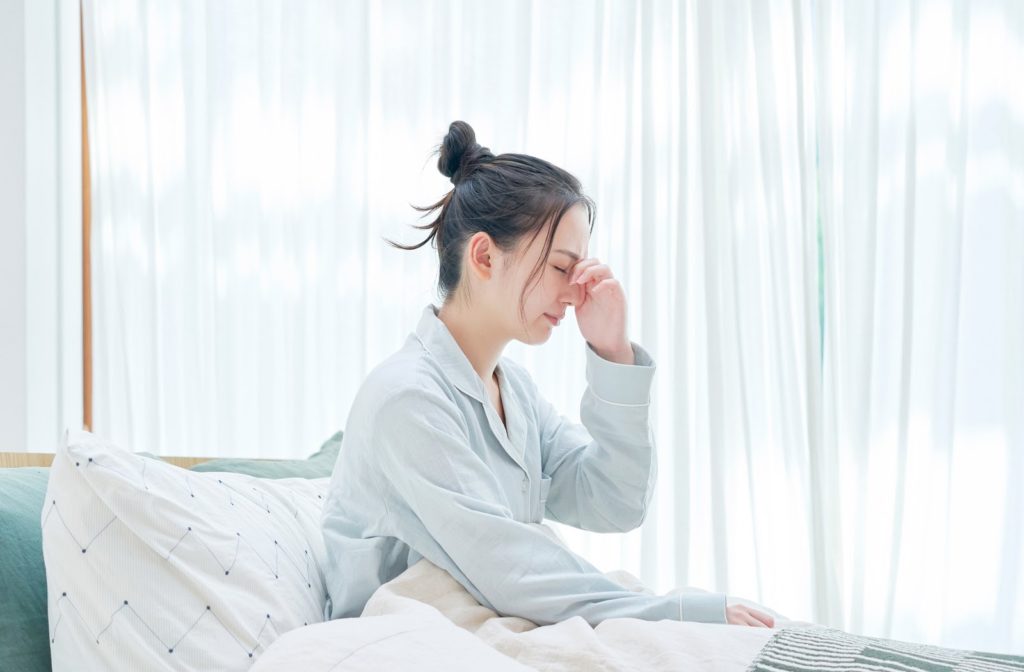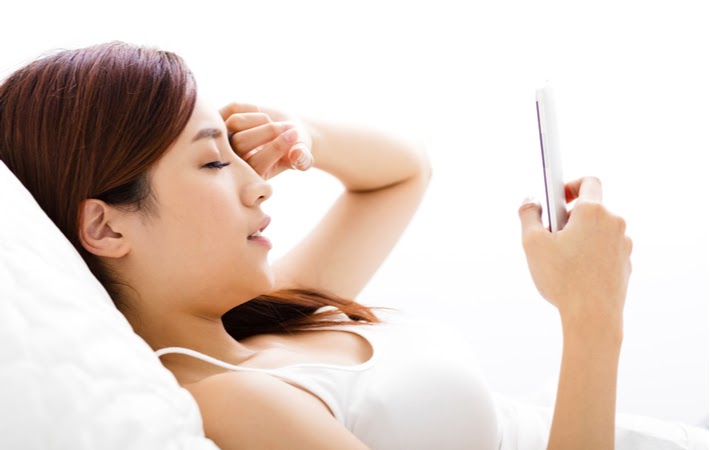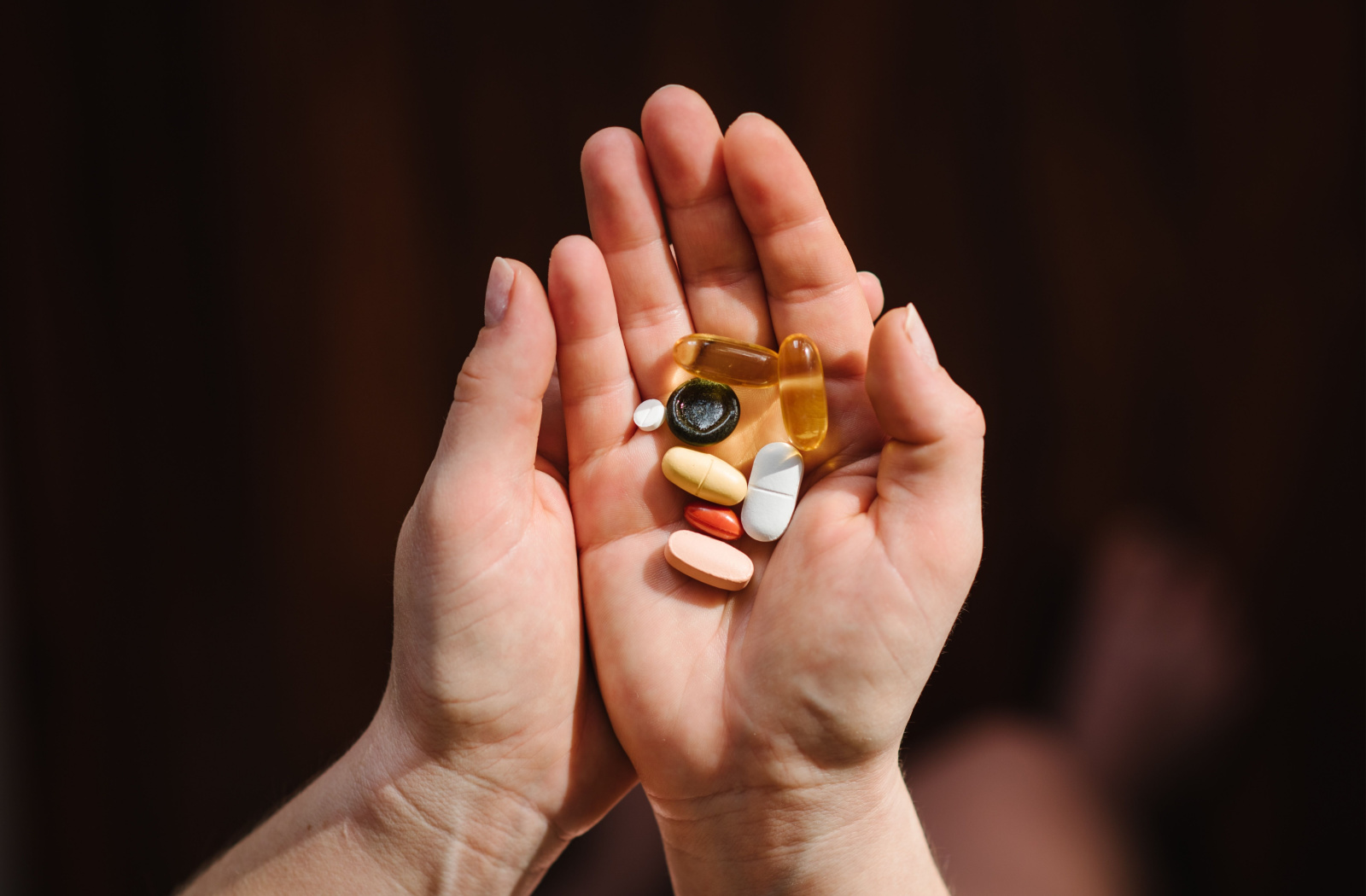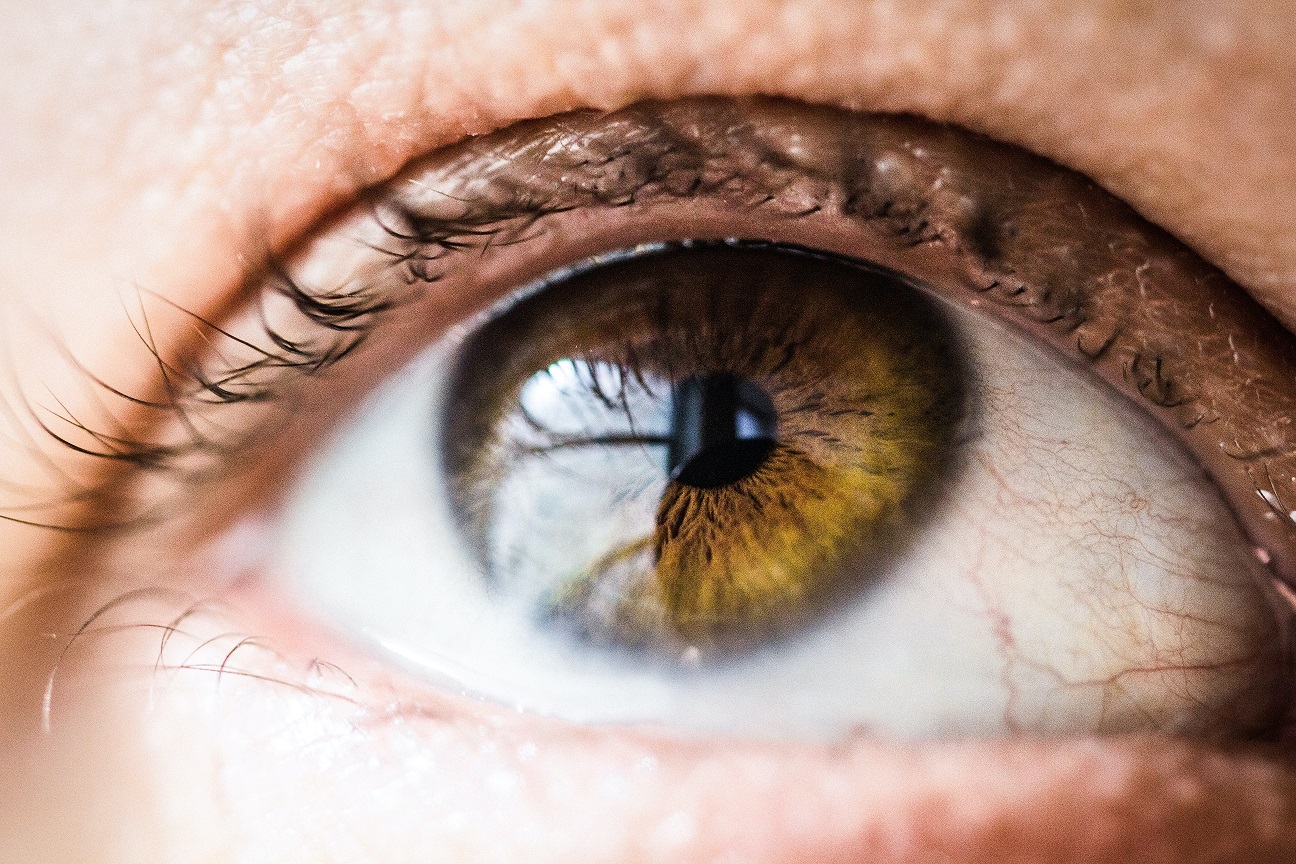Do you wake up with dry, tired or gritty-feeling eyes? If so, you may be suffering from dry eye.
Waking up with dry eyes can ruin a good night’s sleep and leave you feeling unrested in the morning. Luckily, one of the first steps to relieving your dry eye is by understanding what’s causing your symptoms- and we’re here to help!
Keep reading to understand why you may be experiencing dry eye symptoms in the morning and how you can treat your symptoms effectively.
What is Dry Eye?
Dry eye syndrome is a common eye condition that affects the lubrication of your eyes. It is defined as a long-term lack of moisture in the eyes. Dry eye can be a chronic condition, but for some people, dry eye can be temporary and only affects them once in a while.
To understand dry eye, you first need to know how your tears work. Tears are made up of three components:
- The oily layer produced by meibomian glands
- A watery (aqueous) layer produced by lacrimal glands
- A mucous layer produced by goblet cells in the conjunctiva of the eye
Each component of the tear film serves an essential purpose. A lack of any of these components can lead to dry eye.
There are two types of dry eye that could be affecting your eyes:
- Aqueous deficient dry eye occurs when there is an inadequate aqueous layer in the tear film. When this happens, your eye can’t produce enough tears to keep your eyes moist and functioning correctly.
- Evaporative dry eye is the most common form of dry eye and occurs when there is a lack of the lipid or mucous layer present in your tears. Without these layers, your tears evaporate too quickly, causing the eyes to dry out.
Symptoms & Risk Factors
Symptoms
Dry Eye Syndrome has many different symptoms depending on the type and severity of dry eye you are suffering from. Some of the common symptoms of dry eye include:
- Burning, aching or itchy eyes
- A gritty feeling or feeling like something is in your eye
- Blurred vision
- Mucus in or around the eyes
- Abnormally watery eyes
- Discomfort when wearing contact lenses
- Fatigued eyes
- Difficulty with vision, especially at night or in the morning
- Eye redness
- Eye dryness
- Photophobia (light sensitivity)
When to See Your Eye Doctor
If you are experiencing any of the above symptoms, it is probably best to see your eye doctor, especially if you have any prolonged or severe symptoms. Your eye doctor can diagnose your issue and recommend treatments specific to your needs.
Risk Factors
Many risk factors have been linked to dry eye syndrome. The risks factors that can contribute to the condition may include:
- Gender– Women suffer from dry eye syndrome more often than men
- Age– You are more likely to experience dry eye syndrome if you are over 50
- Smoking– Smoking has been linked to many eye conditions, including dry eye syndrome

10 Common Causes of Morning Dry Eye
- Nocturnal Lagophthalmos
Nocturnal lagophthalmos occurs when you are unable to fully close your eyelids when you’re sleeping. It can be caused by:
- Incomplete lid closure
- Head or jaw trauma
- Bell’s palsy
- Insufficient Tear Production At Night
If you aren’t producing enough tears at night, you may wake up with dry eyes.
Insufficient tear production may be due to:
- Age
- Medical conditions such as rheumatoid arthritis or diabetes
- Medication side effects
- Environmental conditions
- Damaged eyelids or blepharitis
- Complications from eye surgery
- Thyroid-Related Eye Symptoms
Hyperthyroidism or other thyroid-related eye conditions can interfere with your ability to close your eyelids while sleeping. This causes your tears to evaporate, leading to an increase in dry-eye-related symptoms when you wake up.
- Medications
Certain medications, whether prescription or over-the-counter, may cause dry eyes. These include:
- Antihistamines and Decongestants
- Chemotherapy Medications
- Antidepressants
- Acne Medications
- Ageing
As previously mentioned, dry eye becomes more common the older you get. Tear production declines with age so people over the age of 50 are at a higher risk for developing dry eye.
- Computer Use Before Bedtime
Computer use can often lead to dry eye. This is because when you’re looking at a computer screen for too long, you tend to blink less often. As a result, your tears may evaporate more quickly, which can lead to dry eye.
- Vitamin A deficiency
Vitamin A promotes the overall health of your eyes. A lack of vitamin A can disrupt how your eyes produce tears and lead to dry eye. If you are suffering from dry eye, try adding these foods into your diet:
- Eggs
- Carrots
- Fish
- Spinach
- Broccoli
- Bell peppers
- Autoimmune Conditions
Many autoimmune conditions can lead to insufficient tear production, causing dry eye. These autoimmune conditions may include:
If you think an autoimmune condition may be causing your dry eye, treating the underlying condition may help improve dry eye symptoms.
- Allergies
Allergies can also trigger dry eye syndrome. If you are suffering from seasonal allergies and are waking up with dry eyes, your symptoms may alleviate when your allergies go away.
If you have other allergies, anti-allergy eye drops may help.
- Dehydration
Sometimes, dry eye can be a result of dehydration. Ensuring that your drink a proper amount of fluid during the day can help you avoid dehydration and keep your eyes moist during the night.
What should I do about waking up with dry eyes?
The first step to treating your dry eye is by finding out what’s causing your symptoms. The best way to get that information is to find an eye doctor near you and receive an eye exam.
During an eye exam, your eye doctor will evaluate your eyes and ask you about your lifestyle and medical history. Using this information, they can determine what is causing your dry eye and may recommend any of the following treatment options:
- Artificial tear drops or prescription eye drops
- Ointments
- Medical procedures such as a punctal occlusion, LipiFlow, iLux, Radiofrequency or Intense Pulsed Light
If you want to learn more about different treatment options for dry eye, you can read our previous blog.
If you have any questions or concerns about dry eye or dry eye symptoms, contact a dry eye doctor near you.









